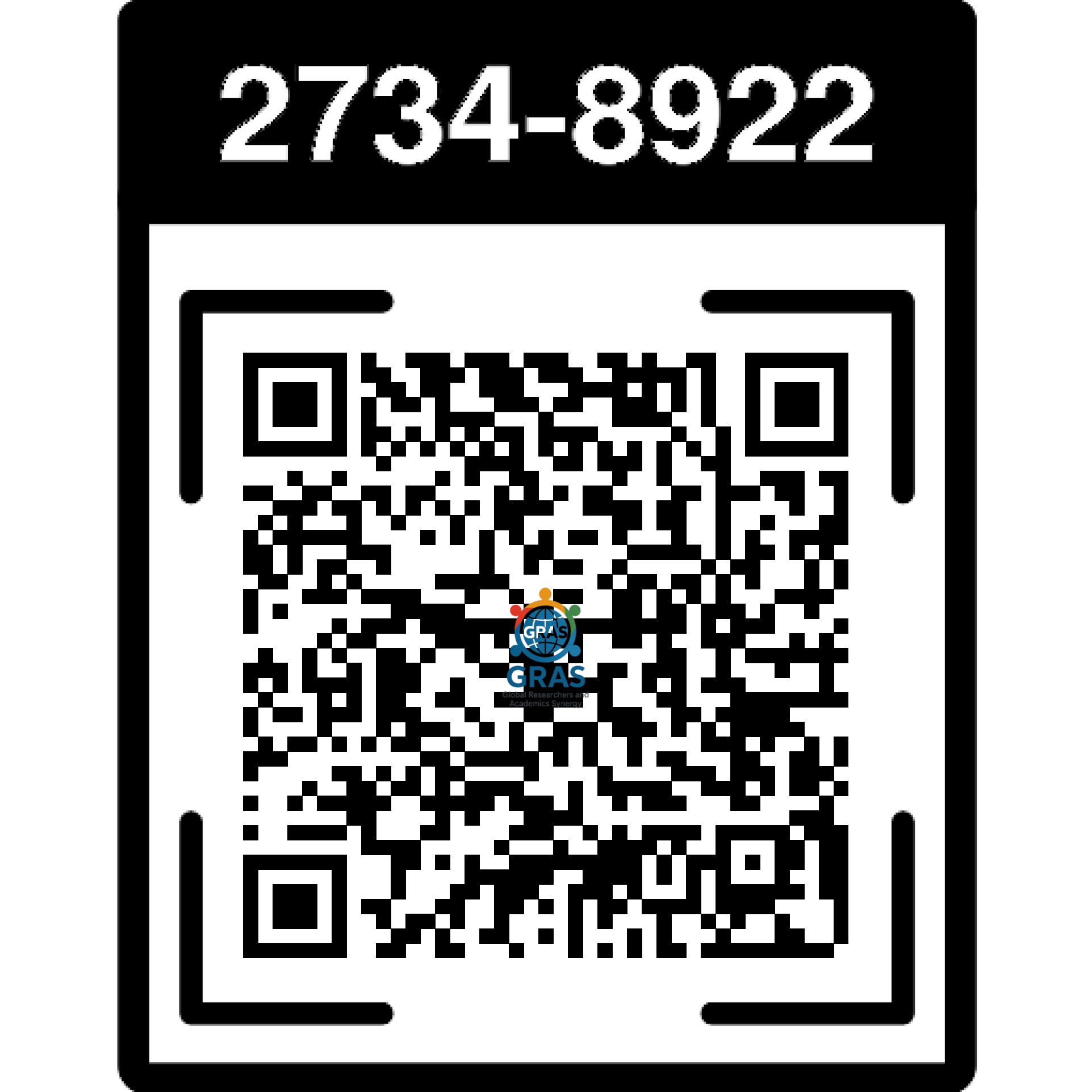Da'wah Training in Building a Knowledgeable, Moral, and Global Perspective Generation of Da'i Among Students of Madrasah Aliyah As'adiyah Uloe
Keywords:
da'wah training, da'i generation, character, globalization, and islamic educationAbstract
Da'wah training has a strategic role in forming a generation of da'i who are not only knowledgeable, but also have noble morals and a global perspective. In the era of globalization, the challenges faced by Muslims are increasingly complex, including the influence of foreign cultures and modernization. Therefore, an integrated da'wah education approach is needed to produce individuals who are able to convey Islamic values effectively and relevantly. This study aims to explore the importance of da'wah training for students as an effort to build the next generation who have strong intellectual, moral, and spiritual abilities. This training involves the development of public speaking skills, da'wah communication techniques, and a deep understanding of Islamic values. In addition, this training also includes the adaptation of the use of social media as a means of modern da'wah. The results of the study indicate that the involvement of students in the da'wah training program not only increases their religious knowledge but also forms characters such as responsibility, integrity, and social solidarity. This training provides space for students to develop self-confidence and practical skills in conveying the message of Islam to the wider community. Thus, the da'wah training program becomes an important platform in producing a generation of da'i who are able to face global challenges while maintaining their Islamic identity.
Downloads
References
Abdurrahman, M. (2023). Moderasi beragama dalam Islam: Perspektif Ahlu Sunnah Wal Jamaah. Pustaka Islam.
Alwi, Z. (2024). Penerapan konsep moderasi beragama dalam kurikulum pendidikan Islam. Jurnal Pendidikan Islam Indonesia, 10(1), 45–60.
Gusmian, I. (2023). Islam moderat: Jalan tengah menuju kehidupan yang harmonis. UII Press.
Halim, M. (2021). Dakwah dan media sosial: Tantangan dan strategi. UB Press.
Hidayat, R. (2021). Komunikasi dakwah di era digital. UIN Press.
Karim, M. (2019). Pendidikan karakter dalam perspektif Islam. Remaja Rosdakarya.
Munir, A. S. (2009). Ilmu dakwah. Amzah.
Muhammad, A. (2004). Ilmu dakwah. Prenada Media.
Fitria, R., & Aditia, R. (2019). Prospek dan tantangan dakwah bil qalam sebagai metode komunikasi dakwah. Jurnal Ilmiah Syi’ar, 19(2), 224–234.
Muhsyanur. (2024). Menggali potensi, mengembangkan solusi: peran vital pengabdian masyarakat. 1(1).
Muhyiddin Tahir, Muhsyanur, Dina Ramadhanti, L. F. (2024). Pemberdayaan guru madrasah melalui pendampingan menulis dan publikasi ilmiah. 1–10.
Rahmawati, R. F. (2016). Kaderisasi dakwah melalui lembaga pendidikan Islam. Tadbir: Jurnal Manajemen Dakwah, 1(1), 147–166.
Nasution, H. (2021). Pemikiran Islam modern di Indonesia. UI Press.
Wahyudi, R. (2022). Pendidikan Islam dan tantangan radikalisme di era digital. Mizan.
Yusuf, A. (2022). Karakteristik dakwah Rasulullah sebagai model dakwah kontemporer. Jurnal Studi Islam, 10(2), 101–115.
Downloads
Published
Issue
Section
License
Copyright (c) 2025 Muh. Reza, Kartini Kartini, Ekawati Hamzah , Wulansari Abdullah, Besse Musdalifah, Andi Mustanira, Muh. Jabal Nur, Abdul Rahman, Arya Winardi (Author)

This work is licensed under a Creative Commons Attribution-ShareAlike 4.0 International License.













